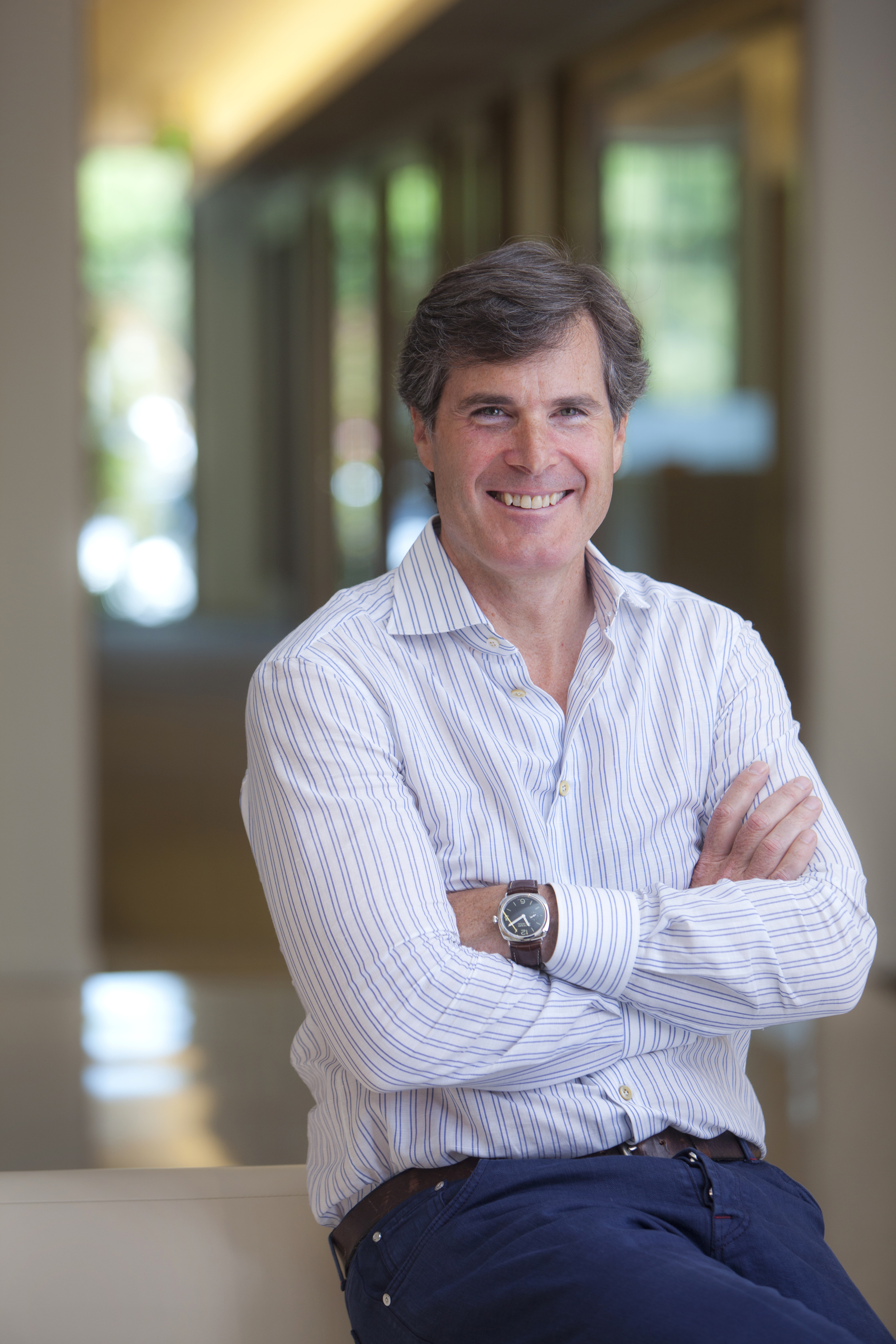Building Success by Learning from Failure

By Stacy Ennis: An Interview with Scott Sandell, general partner and head of NEA’s technology investing practice
It may seem odd to tell the story of Scott Sandell, general partner and head of NEA’s technology investing practice, as one of learning from failure. After all, Scott is one of only six investors named on the Forbes Midas List of top tech investors every year since 2007. He deals with companies valued in the millions and billions on a regular basis. He’s led investments for companies who have transformed industries. And yet, Scott says he has learned more from failure than success.
His appreciation for failure goes back to his time at Stanford Business School. Scott vividly recalls an end-of-semester lecture by leadership expert Jim Collins. During the talk, Jim said he had nine wishes for the students.
“I only remember one of them because it was so jarring,” recalls Scott. “He said, ‘I hope you fail early and fail big.’”
Then just 28 years old, Scott sat listening, taken aback.
Jim continued, “I don’t hope this for you because I want you to suffer, because failure is painful. But because, if you fail early in your life, you will absolutely recover. When you recover from failure at an early stage in life, you will realize that you can recover from other failures. You will be willing to take more risk, and only by taking risk do you really have a chance of achieving your full potential. And that’s my wish for you.” /p>
Listening to that lecture, Scott didn’t realize that even at the young age of 28, he’d already failed early and failed big. It wasn’t until age 42 that Scott learned he was undiagnosed dyslexic and ADD. As a child, he’d failed third grade. It was such a painful time that he doesn’t remember a single detail about that entire year of his life—it’s a complete blank. Finally, he knew why he’d failed.
Today, Scott’s business decisions have large price tags, both in money and time. It often takes eight to 10 years to know if an investment was a good one. He’s had numerous notable successes: Data Domain, Fusion-io, Salesforce.com, Tableau Software, and Workday, to name a few. Yet with the nature of his work, failure is a given.
“The beauty of having failed along the way—at many times from childhood through today—is that it’s not the end of my life,” Scott says.
Part of learning from both successes and failures is being self-aware. Scott has been working with executive coach Whit Mitchell, using a method called Inner Circle Coaching, which draws on feedback from a leader’s “inner circle” of five to seven key influencers.
“I started on this journey with Whit because he had been my college crew coach. When I met him again 25 years later at my Dartmouth reunion, I remembered that he was one of the few people in my life who would tell me what I really needed to hear and didn’t pull punches,” Scott explains. “And he always played it straight. That is not an easy thing to do. People do not want to hear the things they need to hear.”
Scott adds that working with executives is difficult—they’re paying the coach’s paycheck and have the ability to cut the coach out of the process at any time. To consistently tell people what they may not want to hear, Scott explains, is the kind of awareness and feedback they need in order to change. For leaders, adopting the right mindset—openness to feedback and a willingness to become self-aware—can turn a painful failure into a transformative learning experience.

